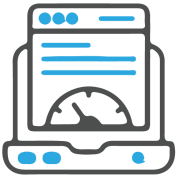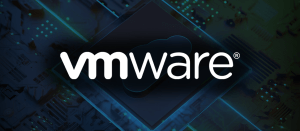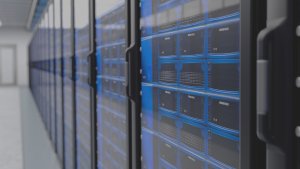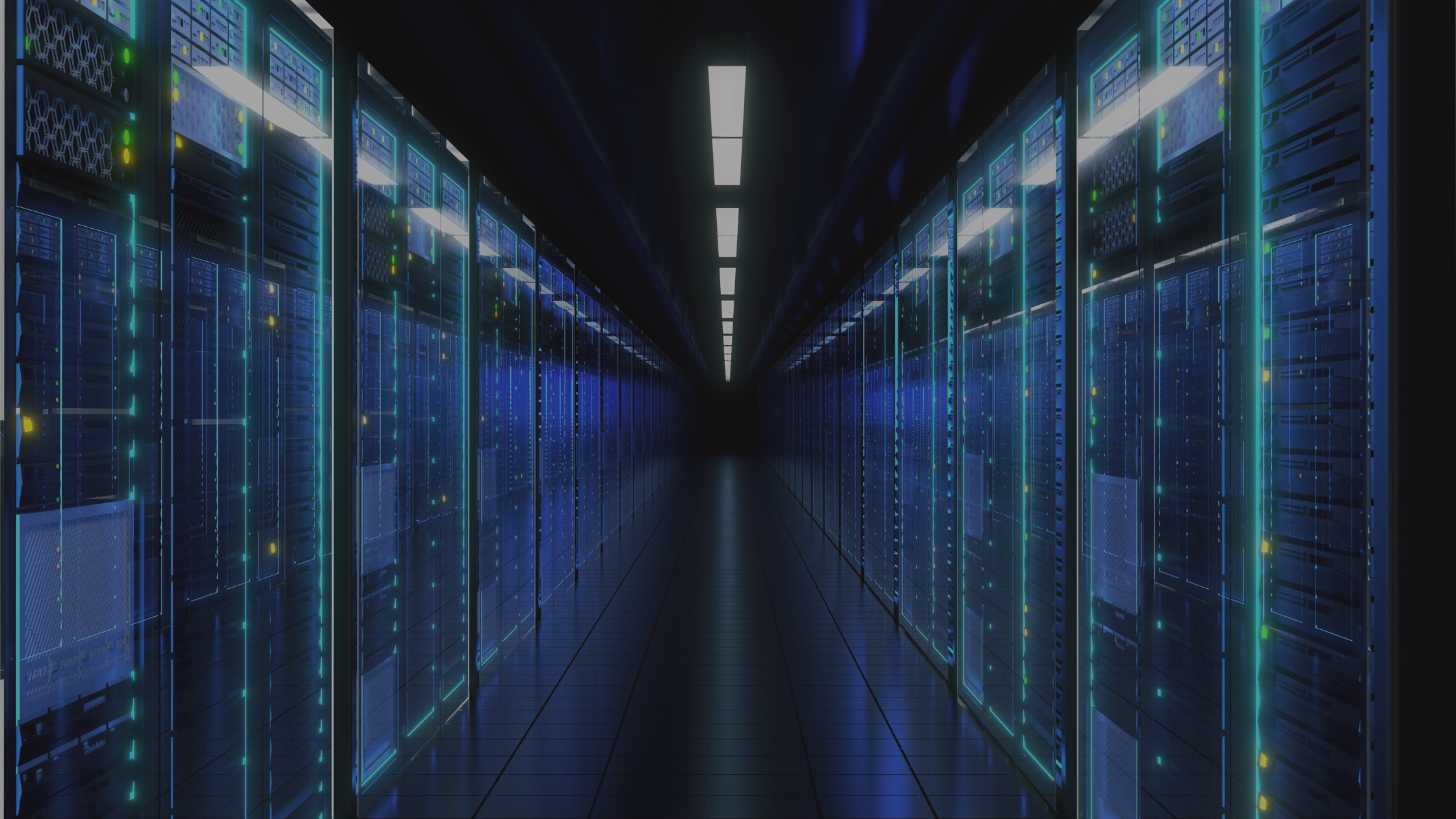When your current data center provider is no longer meeting your business needs, reassessing your data center may be your only solution. Undergoing a migration to a new data center or colocation provider can be a stressful process, there are critical reasons why a data center move might make sense for your business.
Top Reasons to Make A Data Center Move
Poor service and support
Ideally, the provider’s team should function as an extension of the customer’s IT department, which allows in-house personnel to focus their attention on the company’s core business. The most important aspect is reliable customer service 24x7x365. A good support staff offers peace of mind and assurance that the data center provider has your back. Make sure to check how quickly support tickets are addressed. If the support team takes forever to follow up with IT support tickets, it might be time to start looking for a new provider. You may want to for the Service Level Agreements to see if they meet your support criteria.
Flexibility
Flexibility is critical to success in today’s fast-moving business environment. A carrier neutral data center can give you access to any carrier you need. With carrier-neutral colocation, you get to choose important carrier factors such as security, connectivity, cooling, and power independently. This way you have options when it comes to interconnectivity services and can find a solution that meets your specific business needs.
Expansion
This is the best-case scenario; the business has grown exponentially, and you are looking to add more locations or target new markets. You may need to have your IT infrastructure set up for scale or duplication in another facility. Migrating is a way to create room for growth and expansion.
5 Considerations when selecting A New Data Center
Location
In addition to space and power, the physical location needs to offer a highly connected infrastructure, with access to strong connectivity hubs so that data centers can deliver and receive data between networks, businesses, internet exchanges, and end-users. An important factor to consider is the stability of the weather and the likelihood of weather conditions such as hurricanes, flooding, earthquakes, and more. Is location not a factor? There may be other providers in the area that may be less expensive than a data center in a premium location.
Reliability
Having a backup source of power is essential to a suitable data center. Ask what redundant systems the data center offers in case of emergencies, power outages, and natural disasters. Additionally, you will want to ensure there’s proper ventilation and cooling within their infrastructure.
Flexibility and scalability
If your business has grown exponentially or if you may expand your business in the future. Additionally, find out what flexible hosting plans they offer. You should have the ability to scale up (or down) based on your business needs.
Reputation
When partnering up with a data center provider, you should look at whether the data center has a strong history and experience. Your data center should be able to support you for at least 5 years. Do your research before you hand over your data to them. See if the data center has a Net Promoter Score. Net Promoter Score rates customer satisfaction. To find out more about Net Promoter Scores, click here.
Security
Having a proper security system is critical to a data center. Because it houses all your business data and applications, a breach could mean disaster for your business. A secure network connection is extremely important, but the physical security of the data facility should also be thoroughly analyzed so that no unauthorized personnel can access your collocated equipment.
Data Center Migration FAQs
A data center migration is the process of moving select assets from one data center environment to another. It is also referred to as a data center relocation.
Datacenter migration refers to migrating an entire data center to a new computing environment. Application migration refers to migrating one or more applications from one computing environment to another. Data migration refers to migrating specific sets of data from one storage system to another.
After establishing the purpose for the data center migration, the next and most important step is putting together a realistic plan of execution. Transitioning to a new data center facility can be time-intensive, so be sure to allow enough time to move all equipment, applications, servers, networks, and other operational resources.
The amount of time a data center migration takes depends on several factors like the volume of data and complexity of the migration. Every step should be a part of a project plan with a clear timeline.
Your business data facility choice is just as critical as the data you’ll house there. At ColoHouse, we are dedicated to help businesses make their data center move a success. Our customers select ColoHouse’s because we support scalability and growth paired with industry-leading customer support. Our focus is to provide the infrastructure, services, and support that will give you the ability to allocate more resources toward your core business.
Talk to us today to see how we can help you take care of your data. Please contact us at sales@colohouse.com or +1 305-731-2225.

















